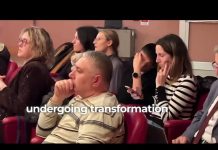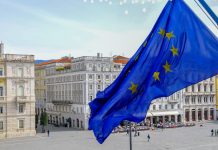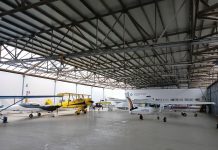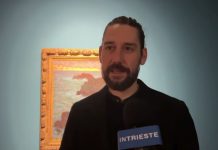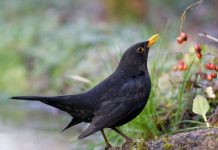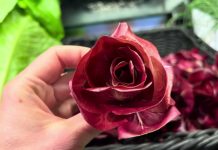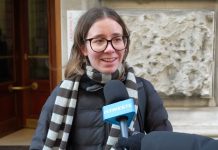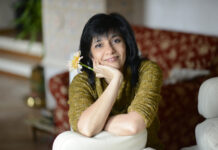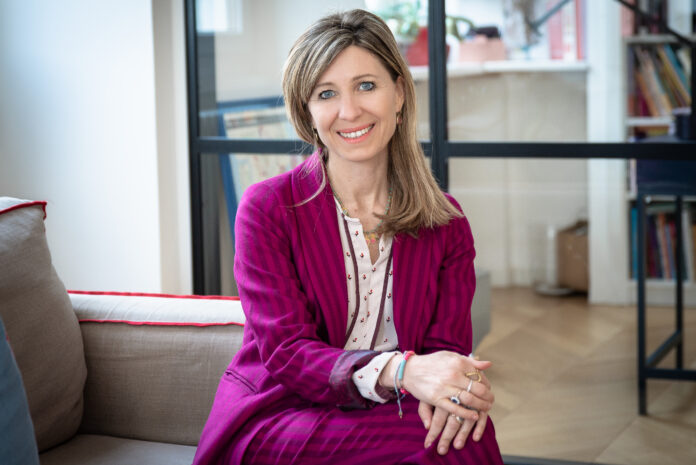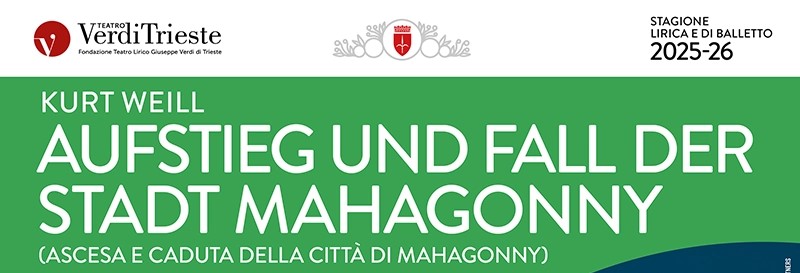interview: MK
Every Saturday we’re spotlighting remarkable local females who could change the way we look at the world. This Saturday is Anna Vitaliani’s turn whose career path is a testament to the perseverance and adaptability required to succeed in the competitive world of journalism. Born in the small town of Piove di Sacco, just 20 kilometers from Padua, Vitaliani’s journey began in the Veneto region before she moved to Rome and later Paris.
“Growing up in Piove di Sacco, a tiny town, you never really imagine where life might take you,” Anna reflects. “But when I decided to study journalism, I knew I had to broaden my horizons.”
Her journalism journey began in Trieste, where she spent three years studying before moving to Rome to complete her degree. She attended the Catholic University LUMSA, where she not only finished her studies but also joined a prestigious journalism school.
“It wasn’t easy,” she admits. “We had to pass a difficult exam to get in, and only 20 students were selected. But it was one of the best decisions I ever made.”
In addition to her degree, Vitaliani pursued a two-year master’s program in journalism, during which she worked at ENEL TV station. This marked the beginning of her television career. But her journey had started long before. While still studying in Trieste, she took the bold step of working at Radio and TV Capodistria, a major turning point in her career.
“I was proud to have started at Radio and TV Capodistria, which gave me my first real experience in media. It was formative,” she says with a smile. “It’s important to get your feet wet early, and Trieste provided that opportunity.”
Her thirst for adventure led her to Paris, where she spent a year working while finishing her studies. “I had the chance to work for ANSA, Italy’s national news agency, and it was an amazing experience,” she recalls. “I was still a student, but I was doing real work, covering stories, and sending reports back to Italy.”
The experience in Paris also helped Anna refine her language skills. “French came easily to me,” she says. “For Italians, it’s much closer to our own language than English. The rhythm, the sound of it, and even the grammar—it just felt natural.”
Her time in Paris wasn’t only professional but also deeply personal. “I spent my nights studying in the incredible Pompidou museum’s library,” she shares. “I needed to read old Washington Post newspapers for my graduate thesis on the Pentagon Papers, and I could find them there. It was the perfect environment for a young journalist.”
Vitaliani credits her start in radio and television, particularly at Radio and TV Capodistria, as pivotal in her career. “In Italy, becoming a journalist isn’t easy. You need 24 months of experience and to be paid for it. It’s a difficult and often unpaid journey for many young journalists,” she says. “But Capodistria was different. They paid me, even if it wasn’t a high salary, and it meant I could continue learning and growing.”
Anna’s experience with Capodistria led her to gain the Carta di Pubblicista (Journalist Card), an essential credential in Italy, which was critical when applying to the Digital Journalism School in Rome. “That card was a game-changer,” she says. “It gave me the edge to move forward in my career with more confidence.”
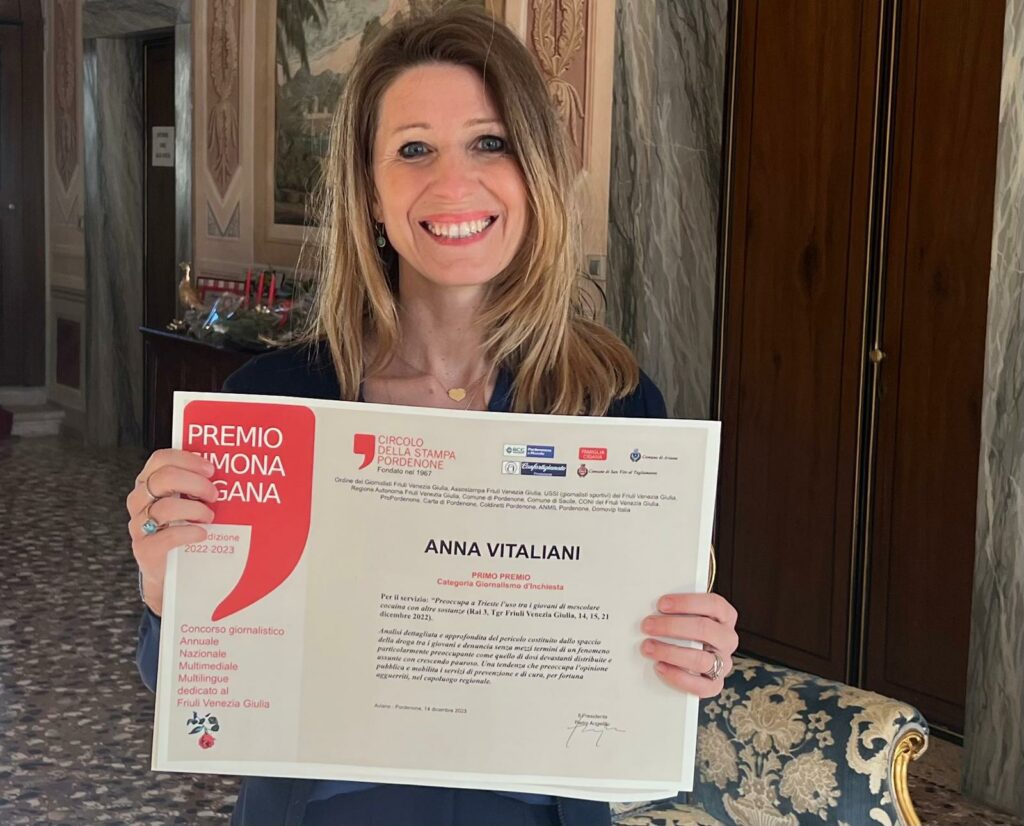
Today, as a journalist for RAI in Trieste, Vitaliani reflects on her diverse experiences. From her simple beginnings to studying in Paris and working for national and international media, her journey is proof that determination and passion can lead to success.
However, Anna’s path was not without sacrifices. “Right before my wedding, I submitted the documents to take part in a public competition at RAI. Ten days into my honeymoon, I got a call and had to cut it short to fly back for the exam. My husband, Erik, was very understanding, and I’m grateful for his support. Jet-lagged and tired, I took and passed the exam to become a professional journalist.”
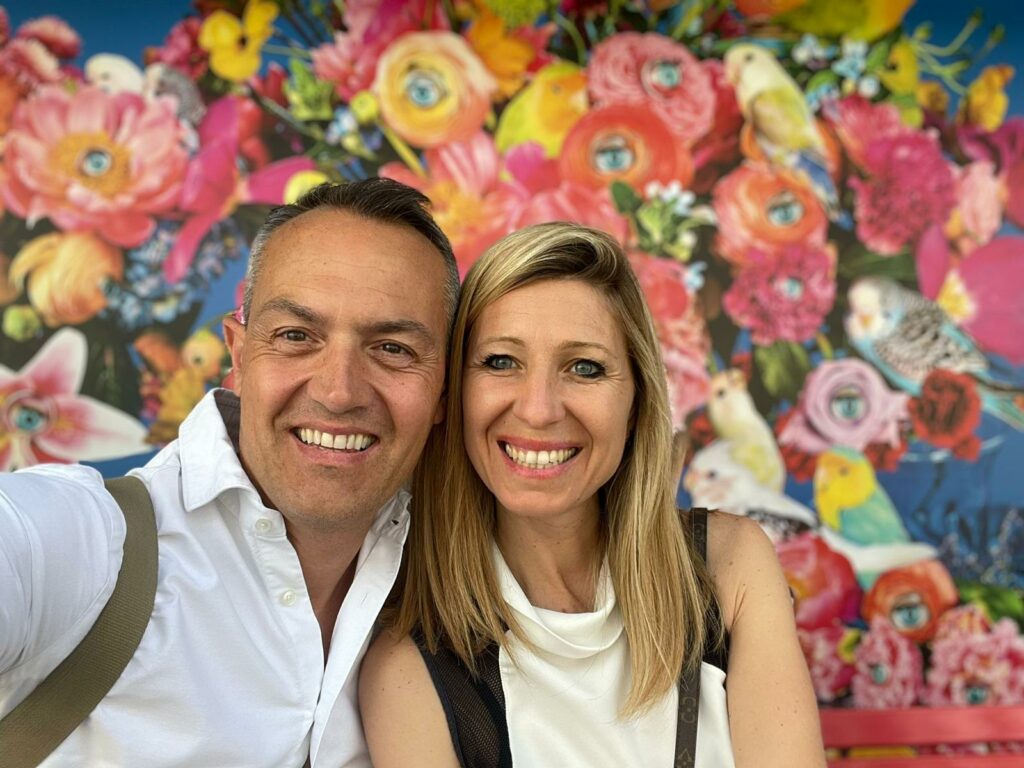
After their wedding, Anna moved to Venice while Erik remained in Trieste to complete his medical residency. With two apartments, they navigated a long-distance marriage until they settled in Portogruaro, a midpoint between Trieste and Padua. “Emma was conceived in Portogruaro,” she says with a smile, “which is why we moved to Padua—so at least one of us would be closer to work.” Eventually, Erik joined her in Padua, her hometown, where they built a life together.
Erik, though not in journalism, has always supported Anna’s career. “His dream was to pursue a doctorate,” she says. “When the University of Trieste offered him an opportunity, we moved back. It wasn’t easy at first—we were commuting a lot. But we made it work.”
Anna’s commitment to work and family was tested further during her second pregnancy. “It was crazy,” she laughs. “Juggling work and family wasn’t easy, but looking back, I’m proud of how we handled it as a couple.”
Reflecting on Erik’s support, she becomes emotional. “He never tells me to slow down. He understands that work defines who I am. Our jobs are both demanding, but we make it work.”
As for the future, Anna is confident that with Erik’s support, her career will continue to thrive. “It’s tough, but it’s worth it. We make it work because we know how important it is to follow our dreams together.”
Her favorite thing about Trieste? “It’s a small city, but you can go anywhere. I love the freedom to walk around, grab a coffee, and be part of this vibrant community. It’s simple, but it’s what I love.”


